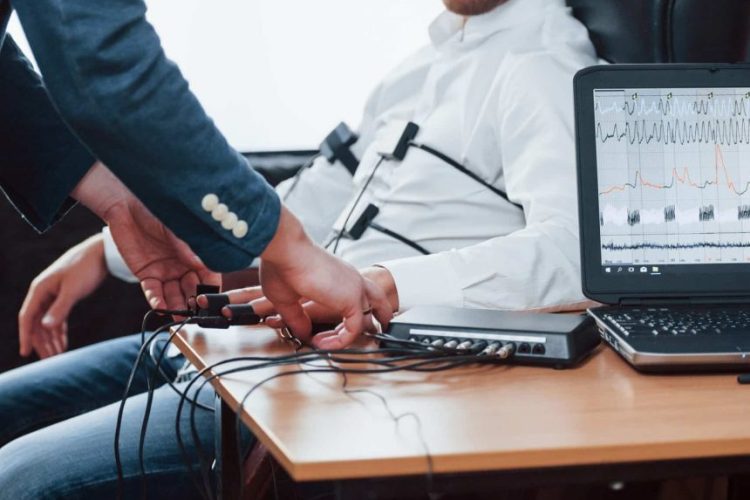Regarding crime scene investigations, accuracy and quickness are very critical. Using lie detectors has transformed the way researchers approach their job and guarantees more rapid and accurate service of justice. A vital instrument in the battle against crime, the sophisticated technology behind ” Test de mentiras” provides a potent means for separating the truth.
Operating by assessing physiological responses to queries, lie detectors—also known as polygraphs—are Among these reactions are heart rate, blood pressure, breathing, and skin conductivity. Lying causes physical changes because of the stress and anxiety connected with dishonesty. Examining these alterations helps researchers ascertain if a person is lying or not.
Advantages
Using lie detectors in crime scene investigations has mostly advantages in terms of its instantaneous insight capacity. This helps law enforcement to concentrate their efforts on reliable leads by greatly accelerating the inquiry process. Moreover, lie detectors may be a psychological weapon as they inspire suspects to speak the truth knowing their physiological reactions are being observed.

Practical Uses in Real Life
Successful use of lie detectors in some well-known instances has helped to resolve challenging investigations. Lie detectors have been used, for example, to find the guilty parties in situations of theft, assault, or even murder, therefore clearing the innocent. Many law enforcement departments throughout the world have made these gadgets a mainstay because their dependability is so great.
Improving Precision Using Contemporary Technology
Further improving their accuracy and dependability are modern developments in lie-detecting technology. More complex today’s lie detectors are, using artificial intelligence and computer algorithms to more precisely examine data. These developments lower the possibility of false positives and negatives, therefore giving law enforcement a more reliable instrument for their work.
Ethical Concerns
Although lie detectors are helpful, their use presents certain ethical questions. Crucially is ensuring people’s voluntary engagement and safeguarding of their rights. Maintaining the integrity of the process depends on operators receiving appropriate training and following tight standards. Solving these ethical issues will help to ensure that the use of lie detectors keeps benefiting crime scene investigations without violating individual rights.
The profession of law enforcement has made major progress when lie detectors are included in crime scene investigations. These tools improve the quality and effectiveness of research by offering a consistent means of separating truth from dishonesty. Lie detectors will become much more useful as technology develops, therefore confirming their position as a necessary instrument in contemporary police. Still a fundamental part of the quest for justice, the ” Test de mentiras” guarantees that the truth rules and that justice is done.


